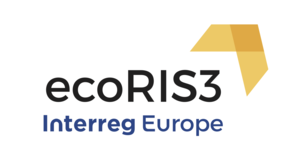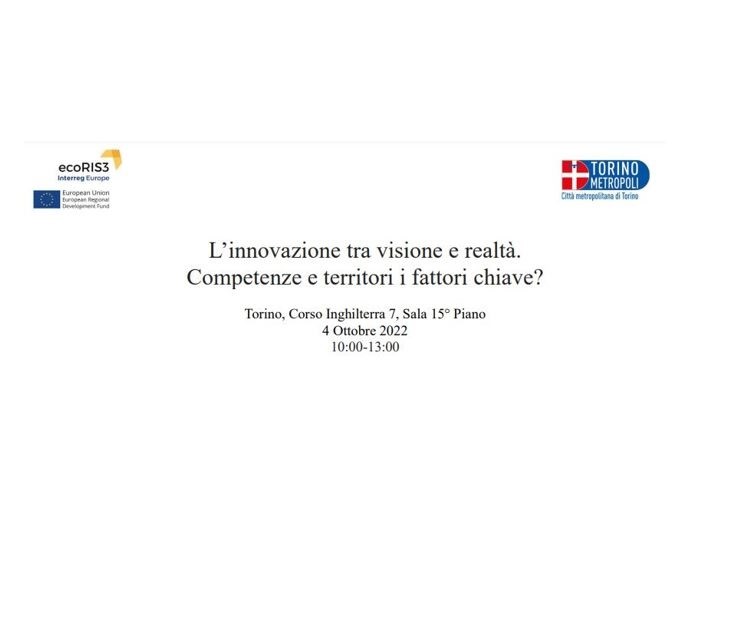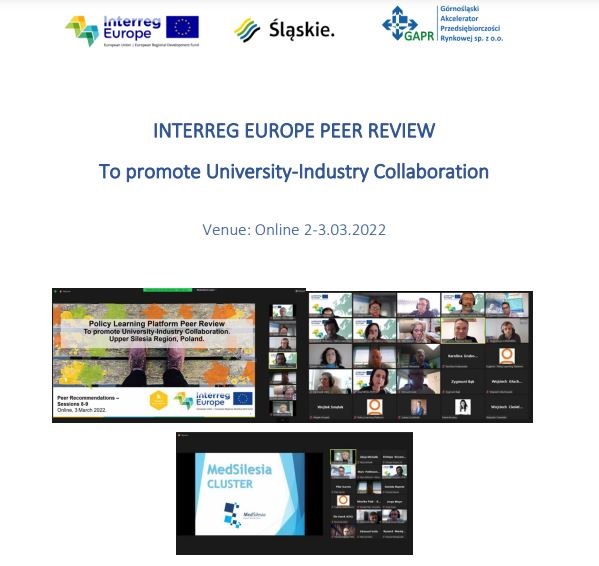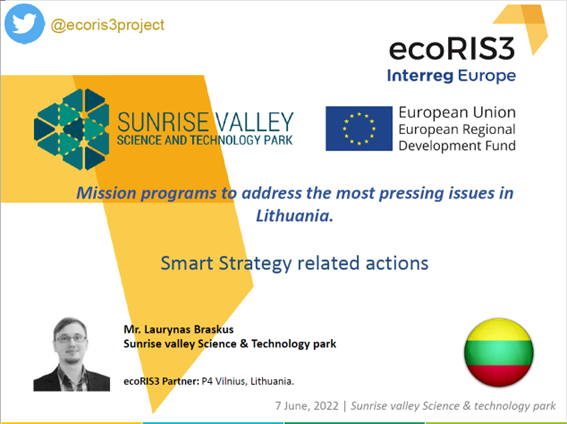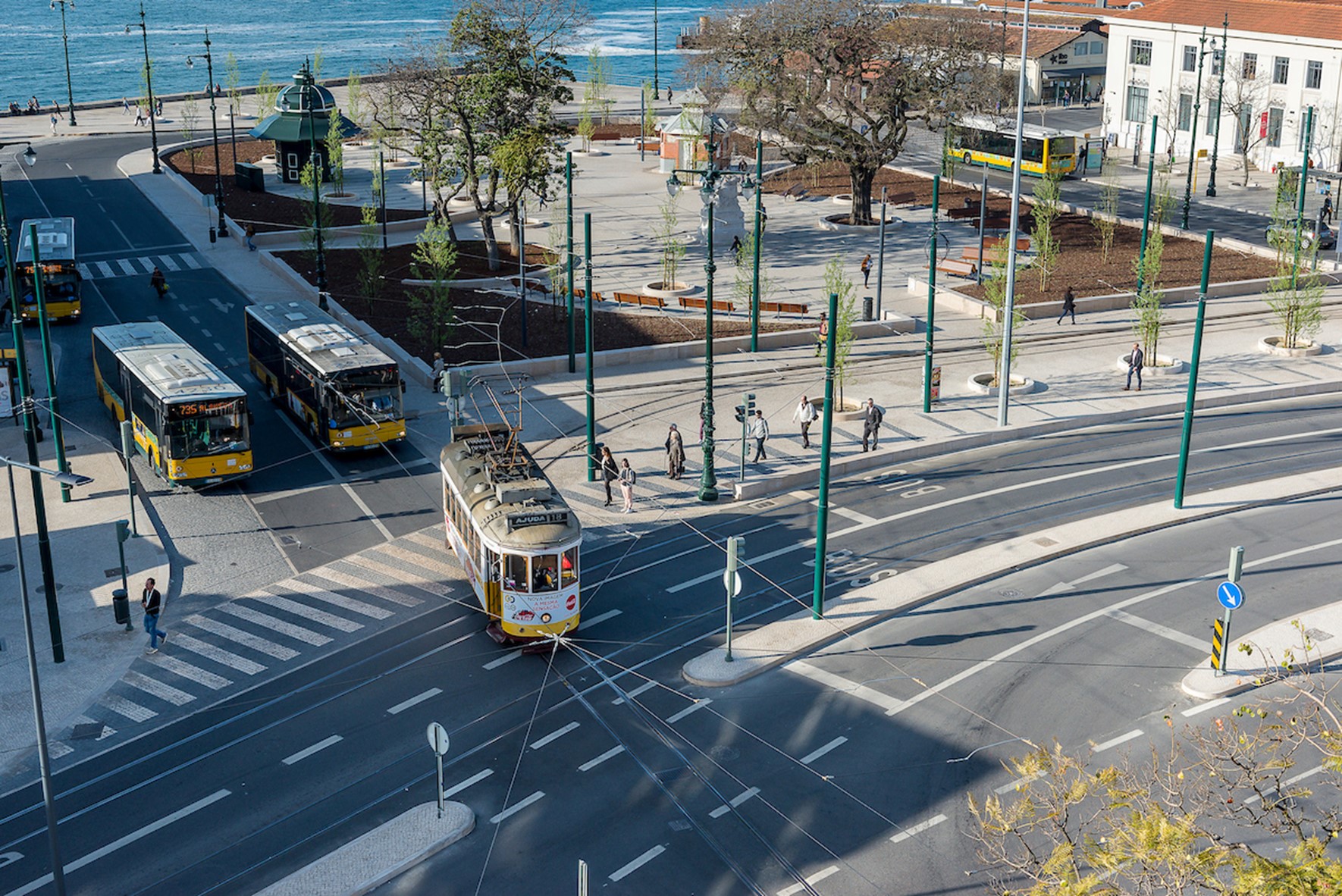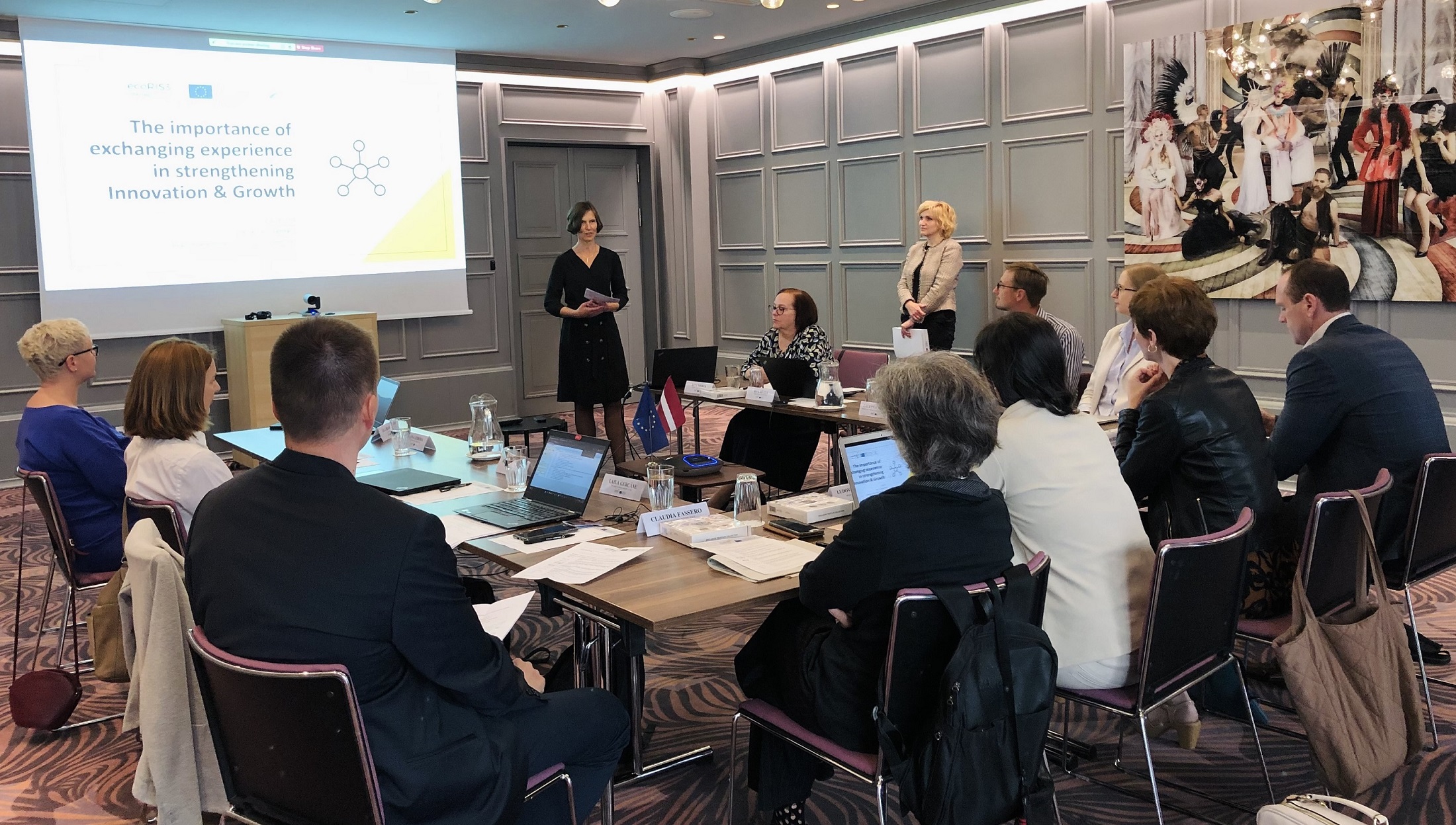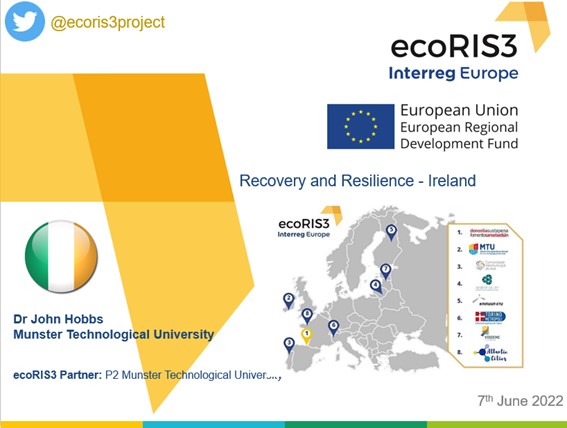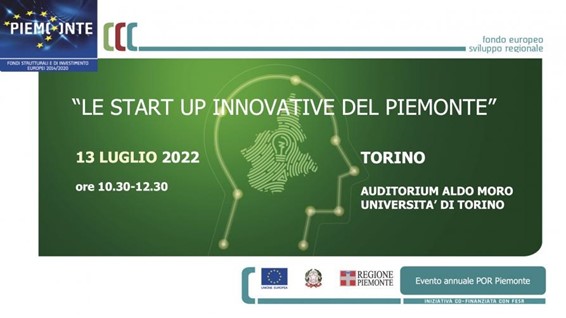On 23 January, the President of the Conference of Atlantic Arc Cities -CAAC, José Maria Costa met with Corina Cretu, European Commissioner for Regional Policy. The "Cities for Cooperation" platform (C4C, Cities for Cooperation) was presented to the Commissioner, as well as a document in favour of a positive renewal of the cohesion policy . CAAC is an advisory partner of the ECORIS3 project, making connections between the European and the Ground levels for this INTERREG Europe initiative.
The delegation was composed of the President of the Atlantic Cities and Mayor of Viana do Castelo, José Maria Costa, their Secretary General, Tamara Guirao, the Vice President of the Mediterranean Cities, Alfred Bosch and its Secretary General, Xavier Tiana as well as the Secretary General of the Iberian Cities, Xoan Mao and Deputy Secretary General Marta Cabanas. The network of Adriatic and Ionian cities is also member of this new urban platform. As forecasted by the project, C4C will be a major disseminating instrument for ECORIS3.
During the conversation, Cretu emphasized that instead of “reinventing the wheel” the value of structural funds should be enhanced. For instance, she mentioned Innovation as a key issue for the future, an issue that “is already tackled by Structural Funds”.
The Atlantic president, who is also the leader of the Portuguese delegation to the Committee of the Regions, said that cohesion policy is essential, so much that "without it, the European project is not possible". Similarly, he compared the Erasmus program for exchanges between students in the INTERREG program for exchanges between the territories.
In the document presented to the Commissioner, the territorial networks of cities propose the creation of a European forum of cities for European territorial cooperation with a legal status and a permanent activity, which integrates the local authorities and their networks. Likewise, they advocate the creation of a European Observatory for Territorial Cooperation, independent of the European Commission in its operation. Finally, for C4C, European territorial cooperation programs must incorporate a management model adapted to their supranational nature, adopting clear, objective, stable and widely circulated administrative rules and procedures.
